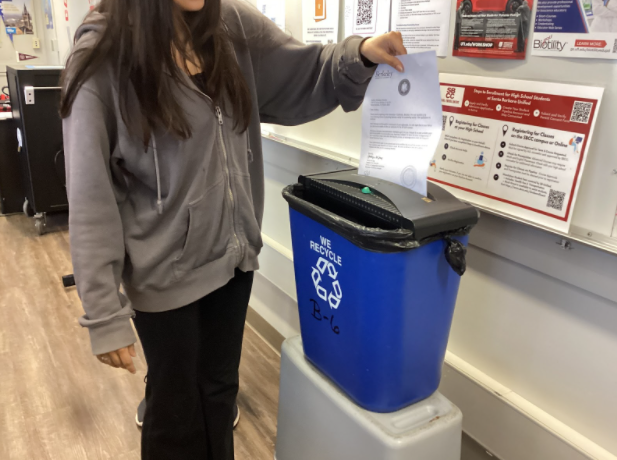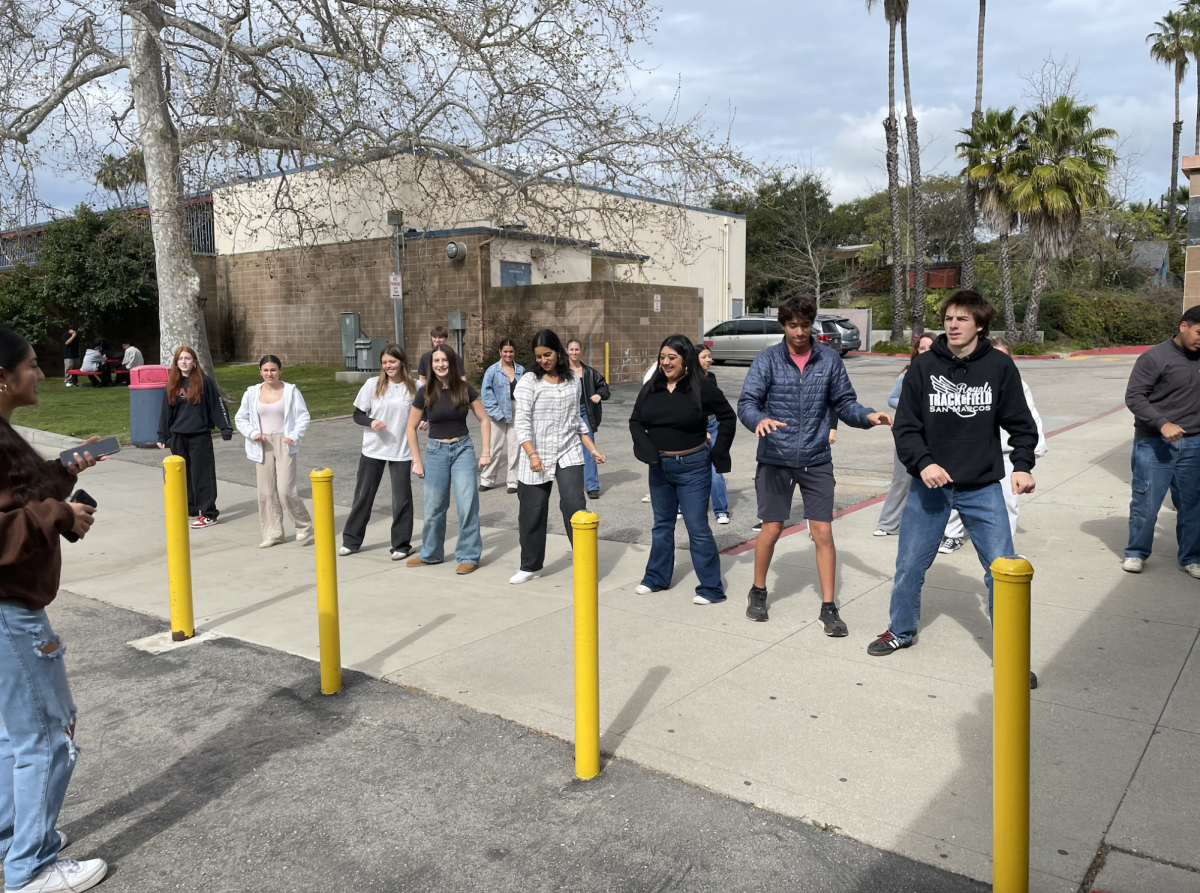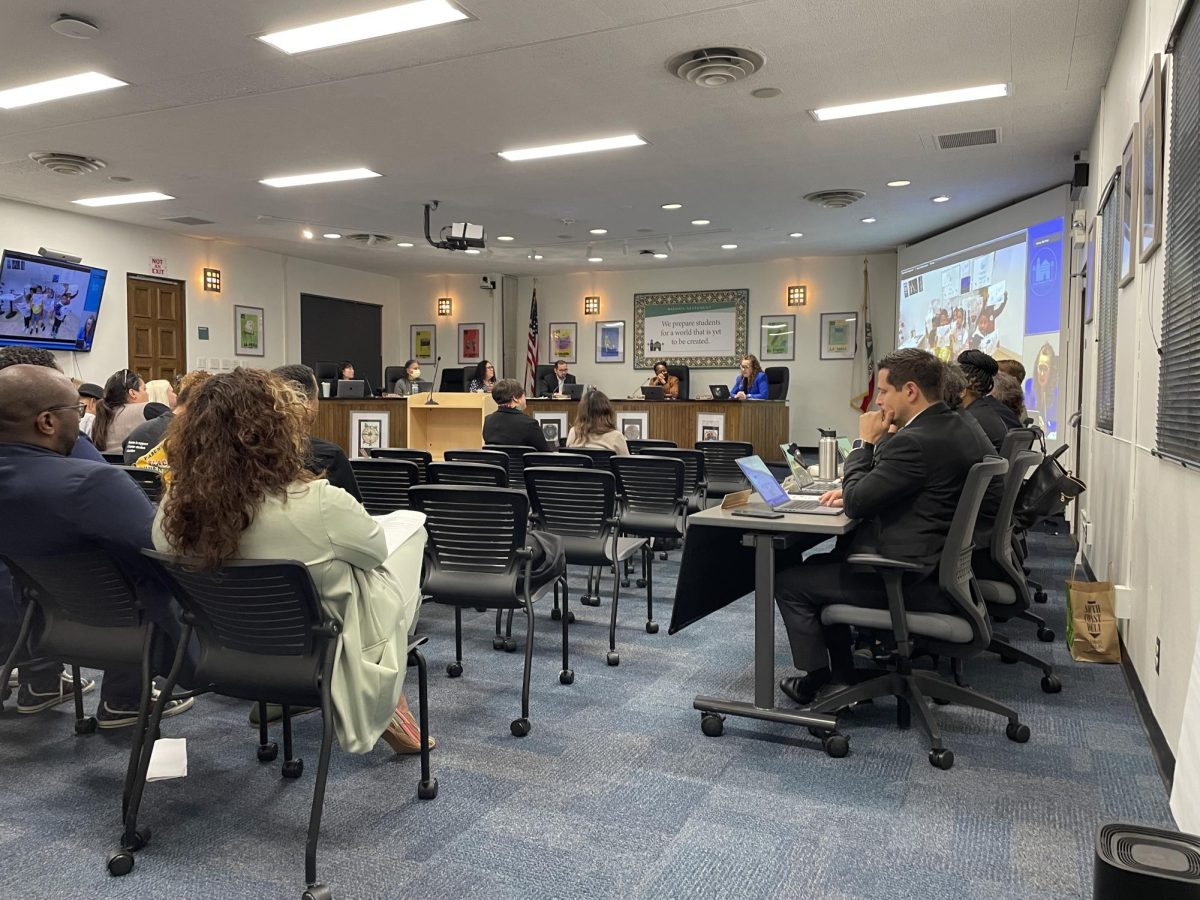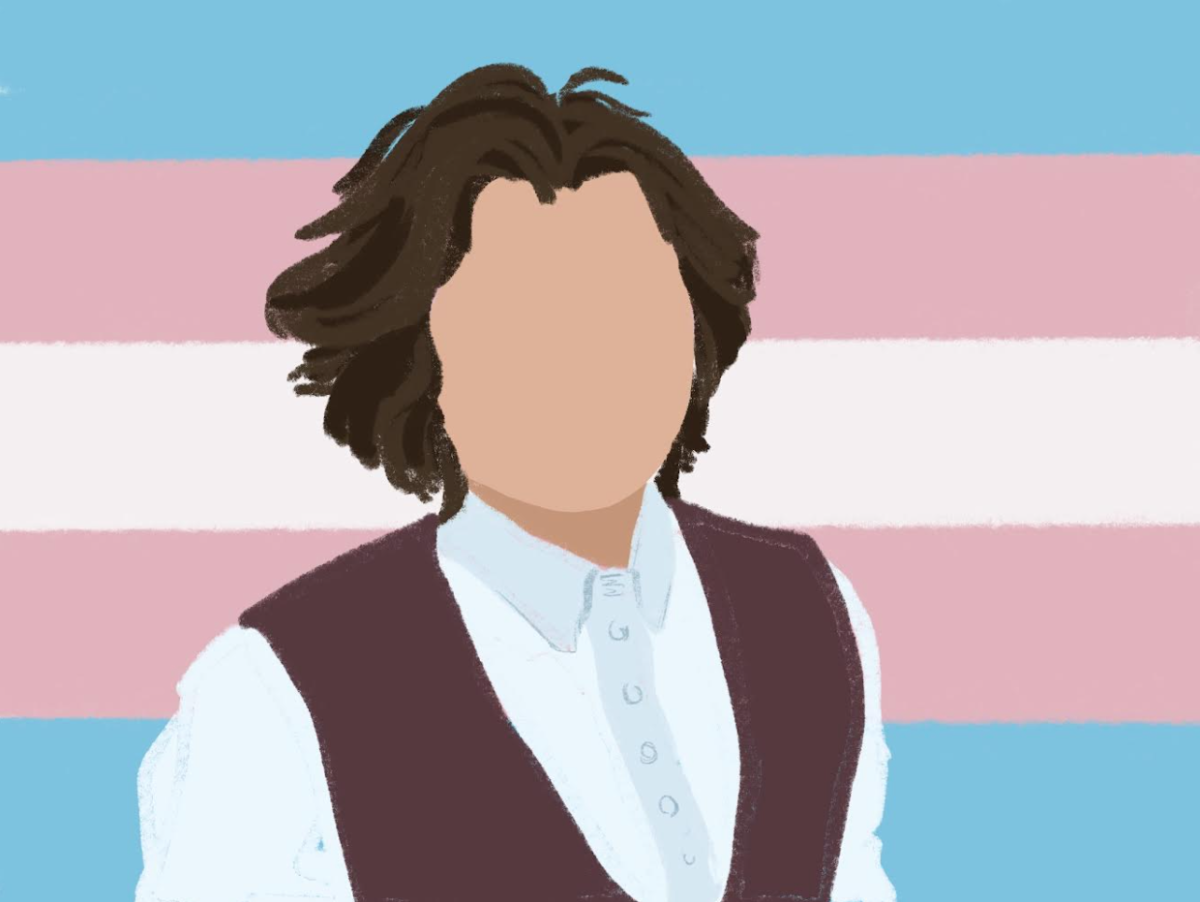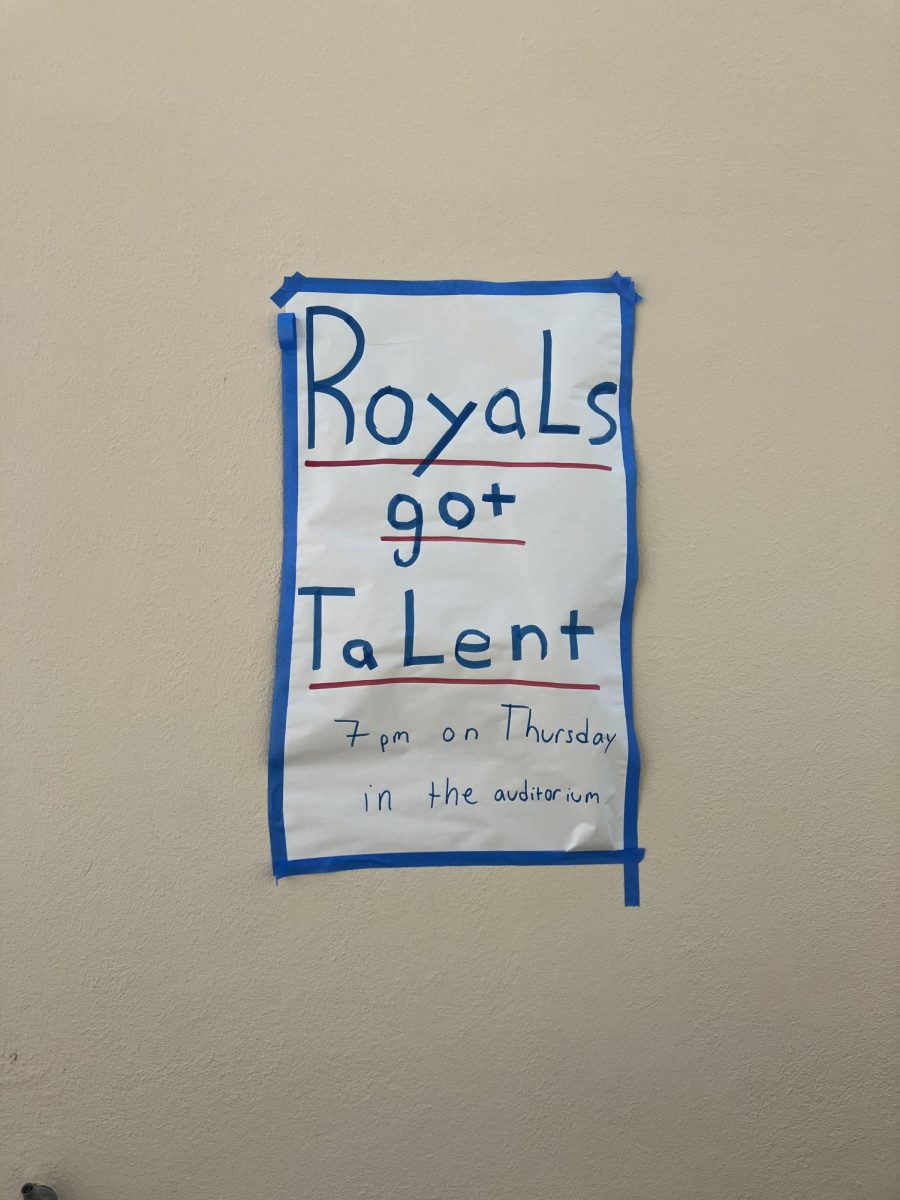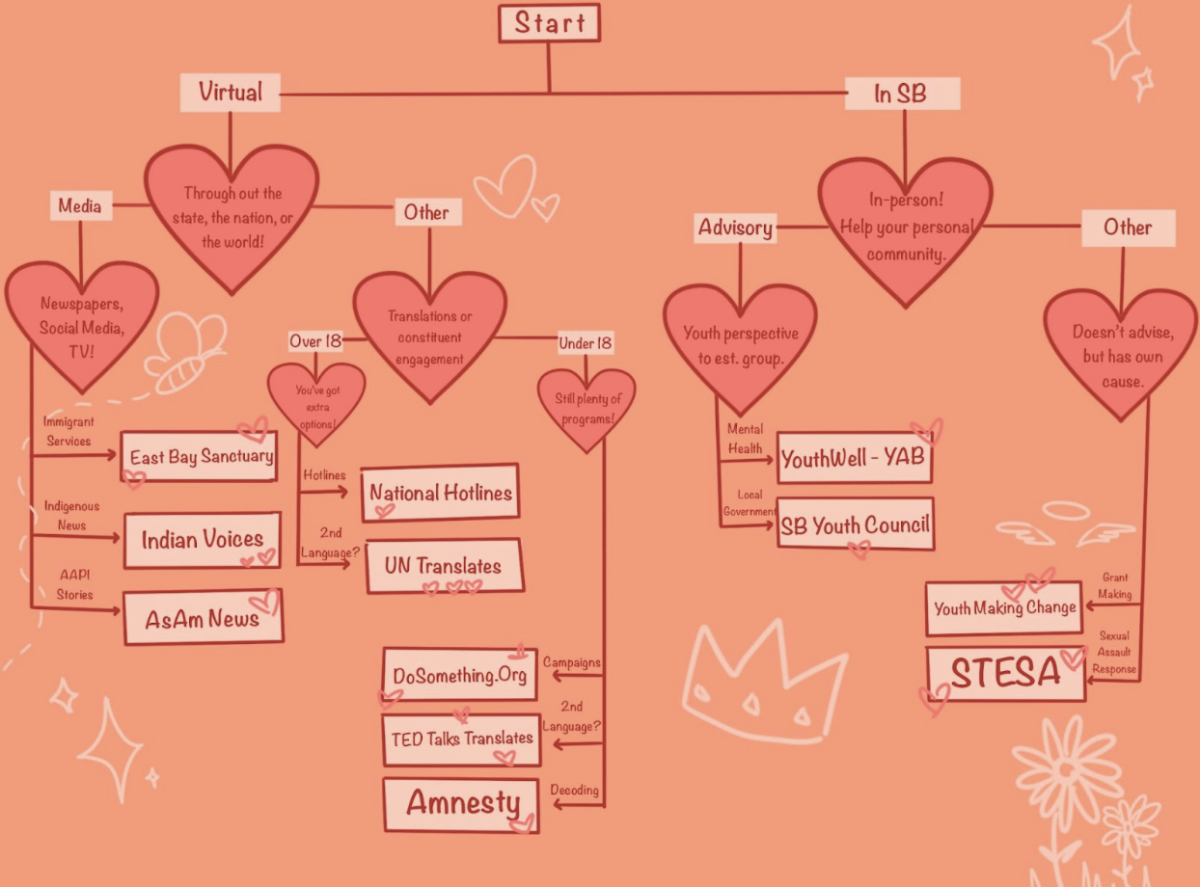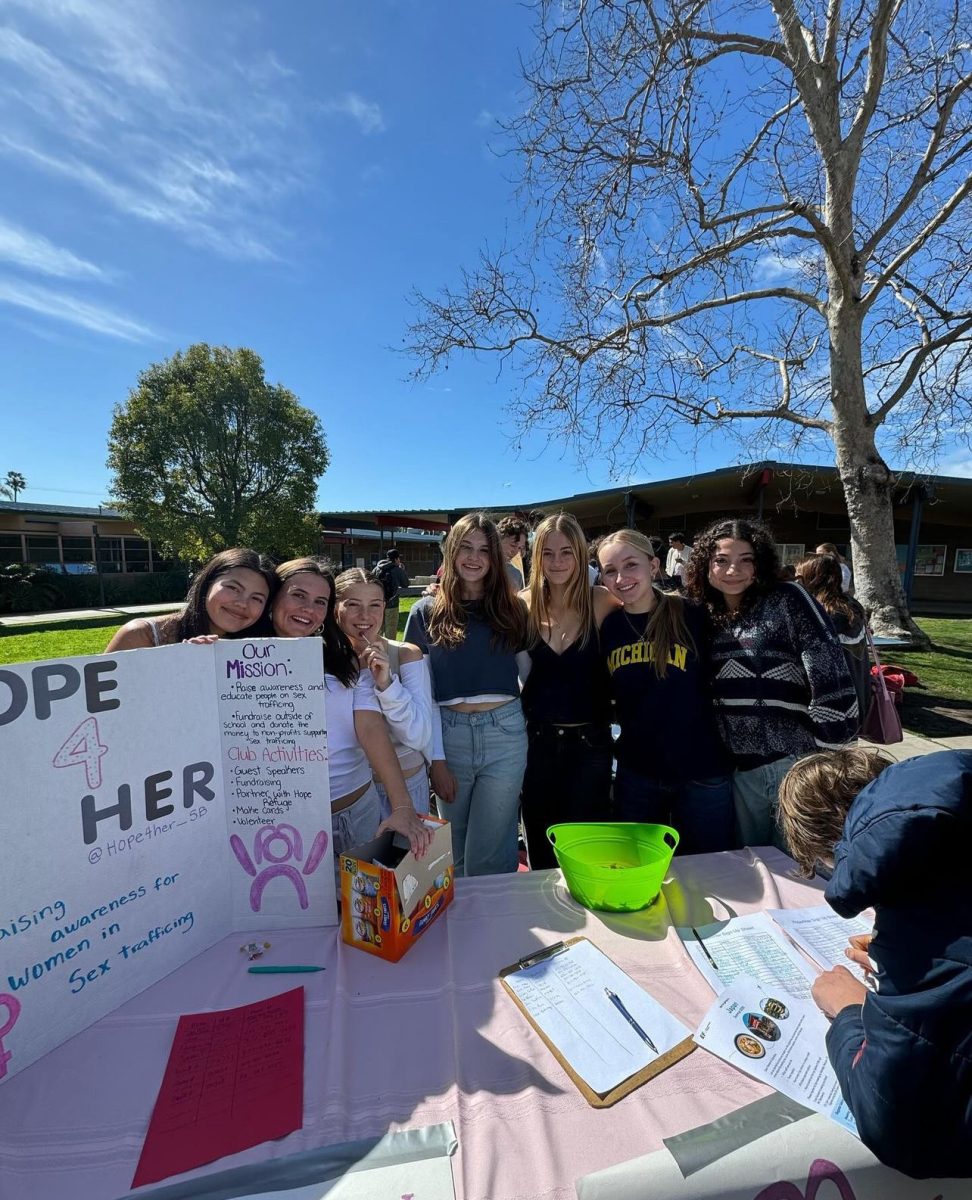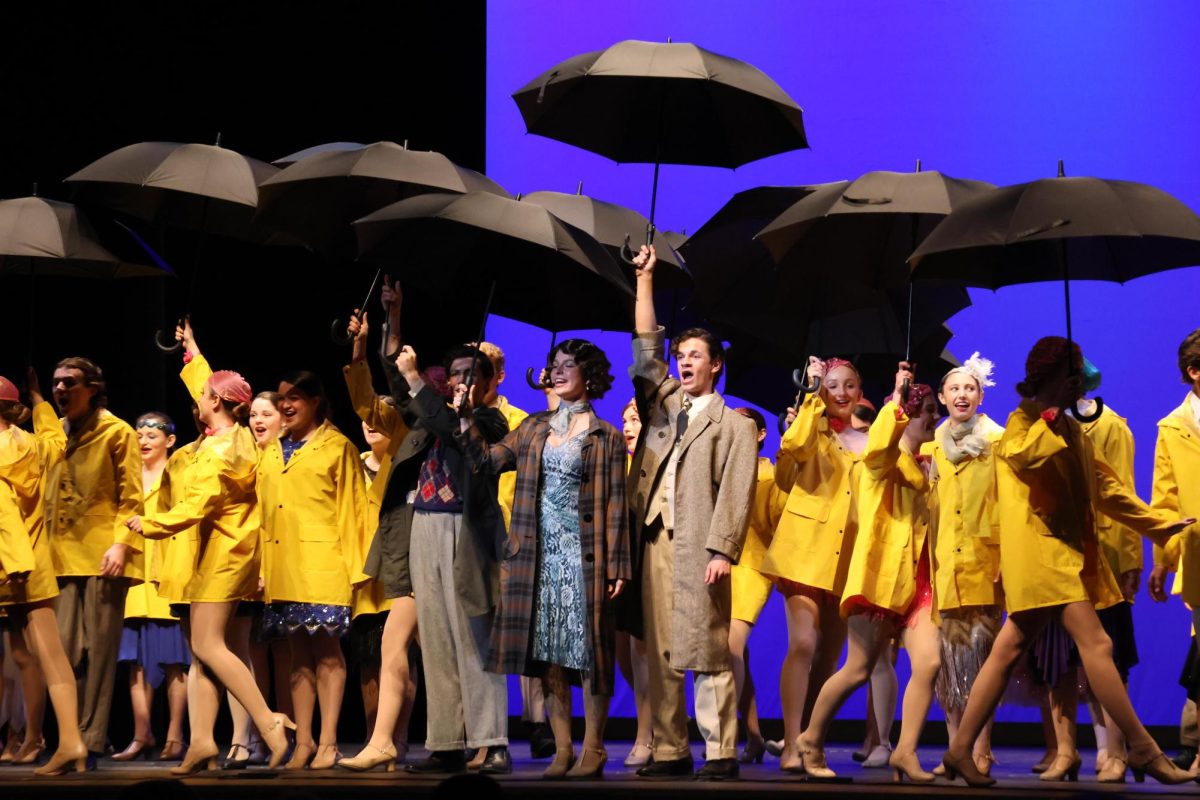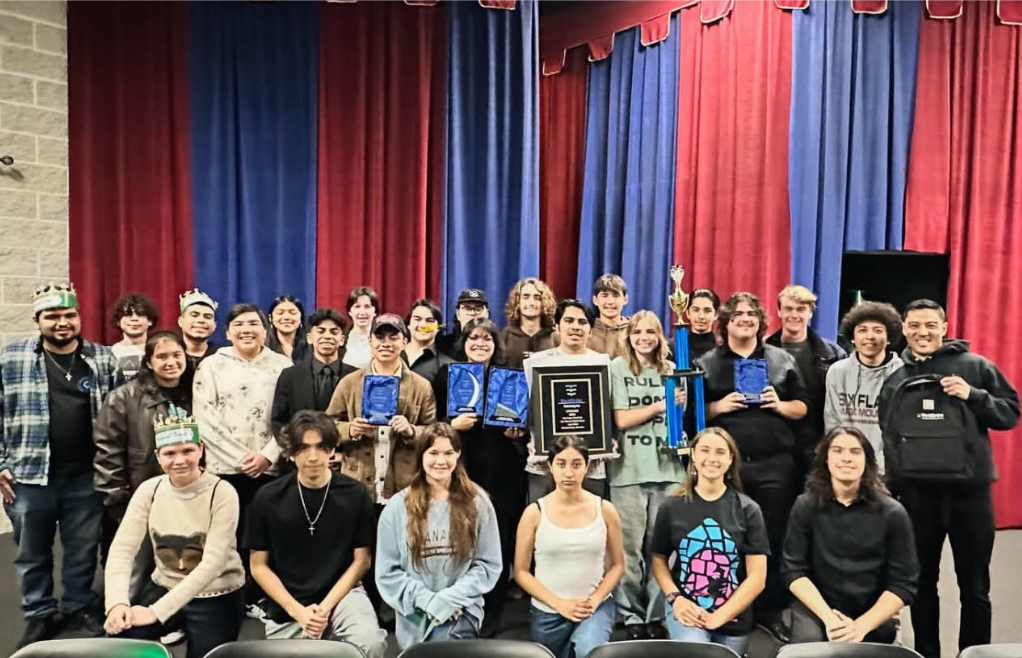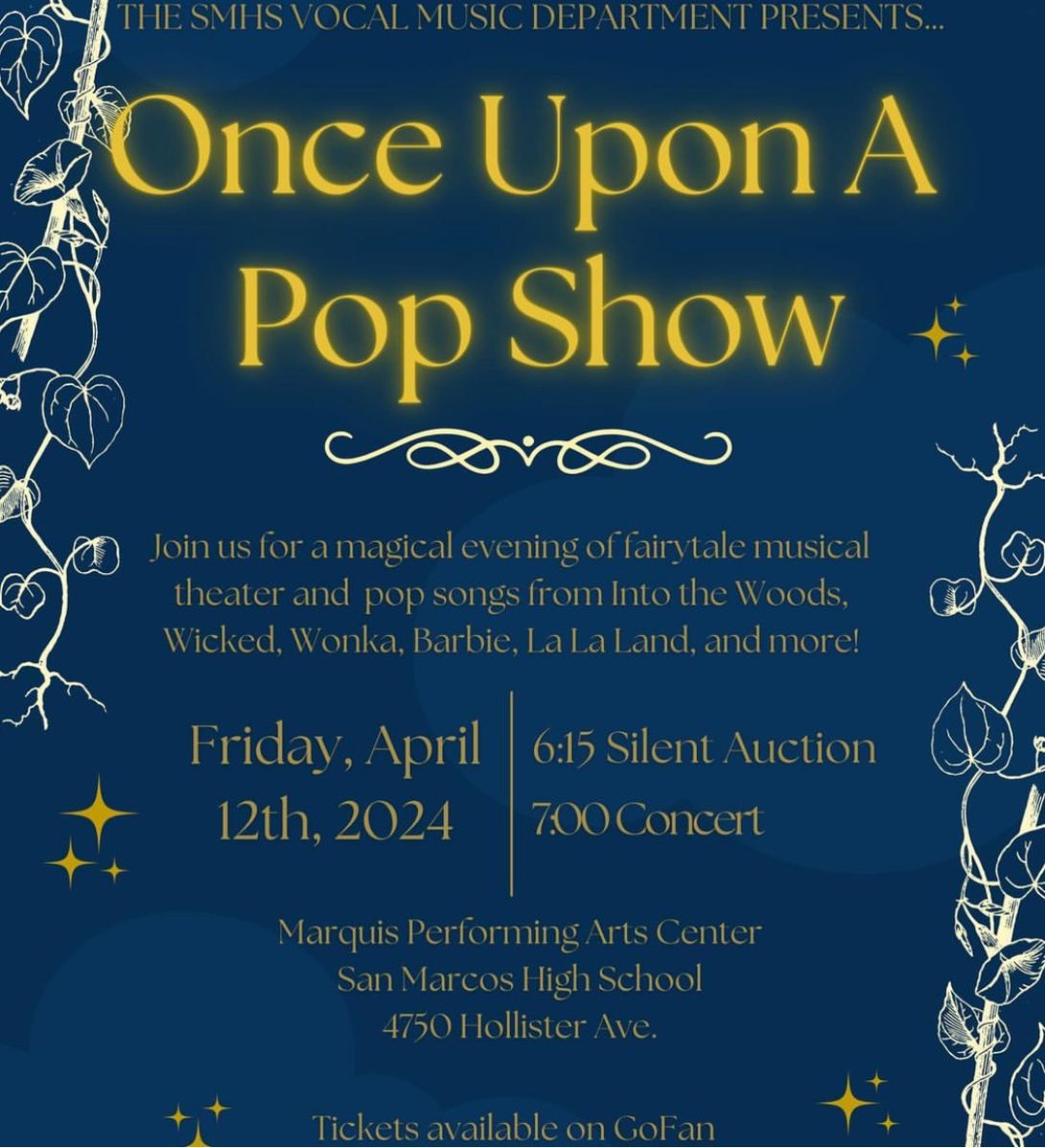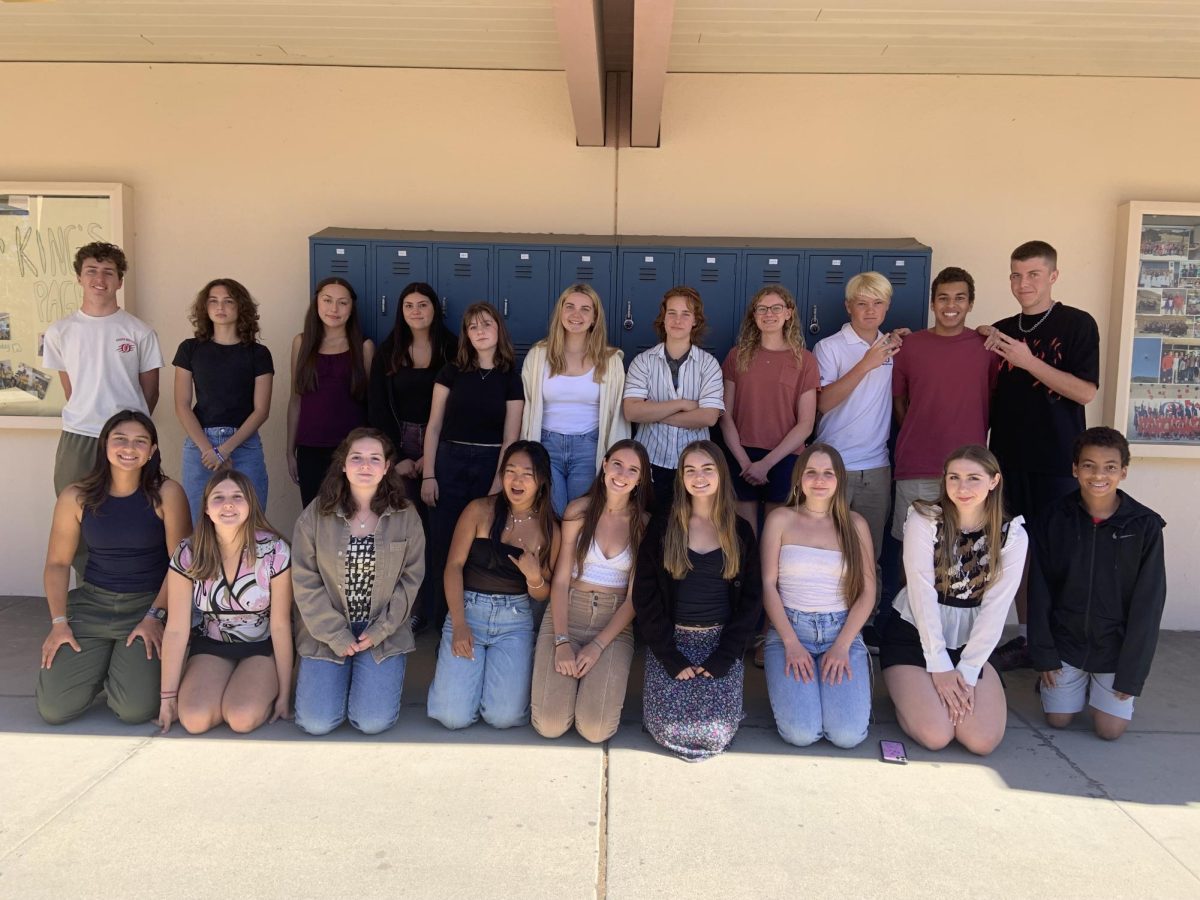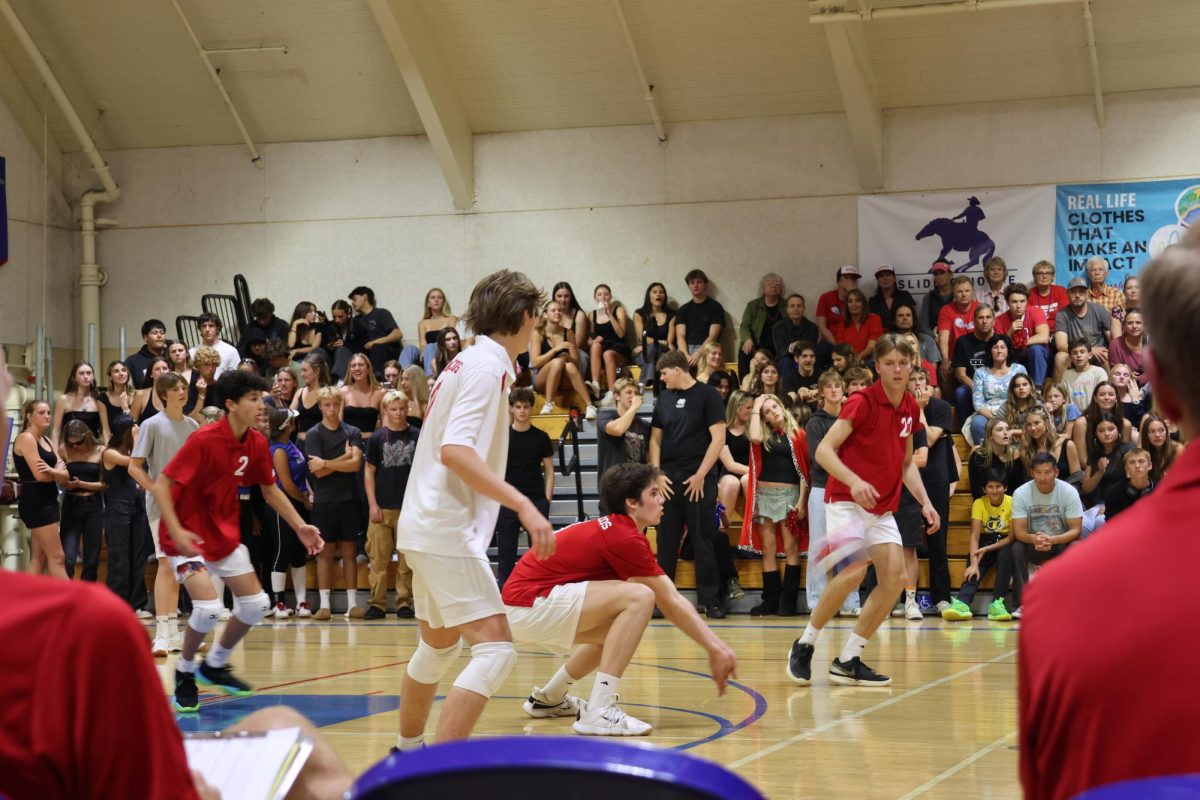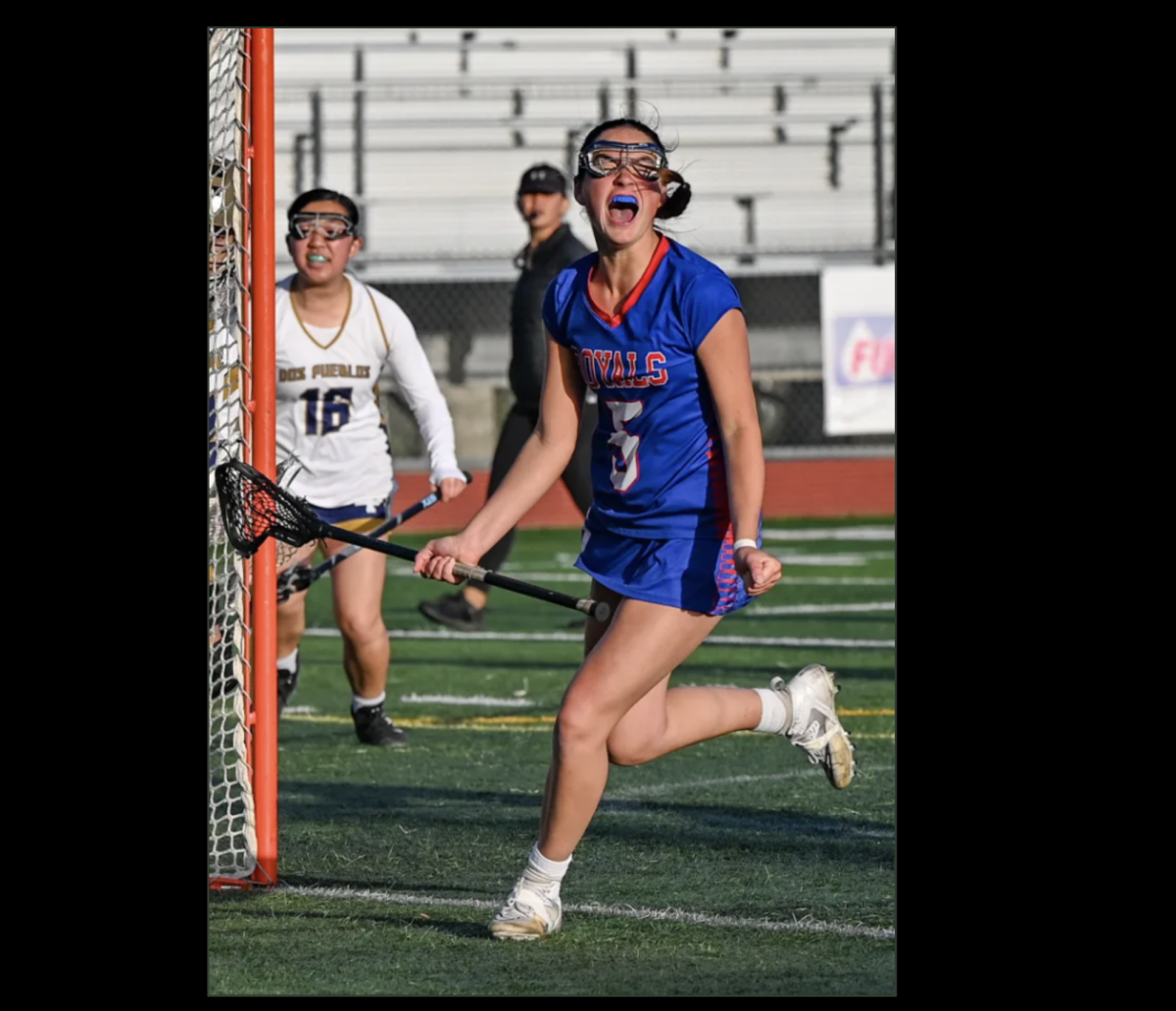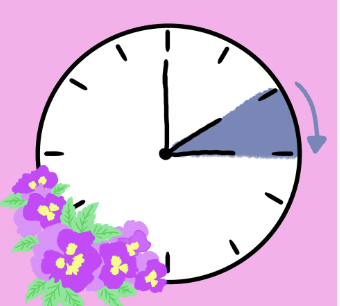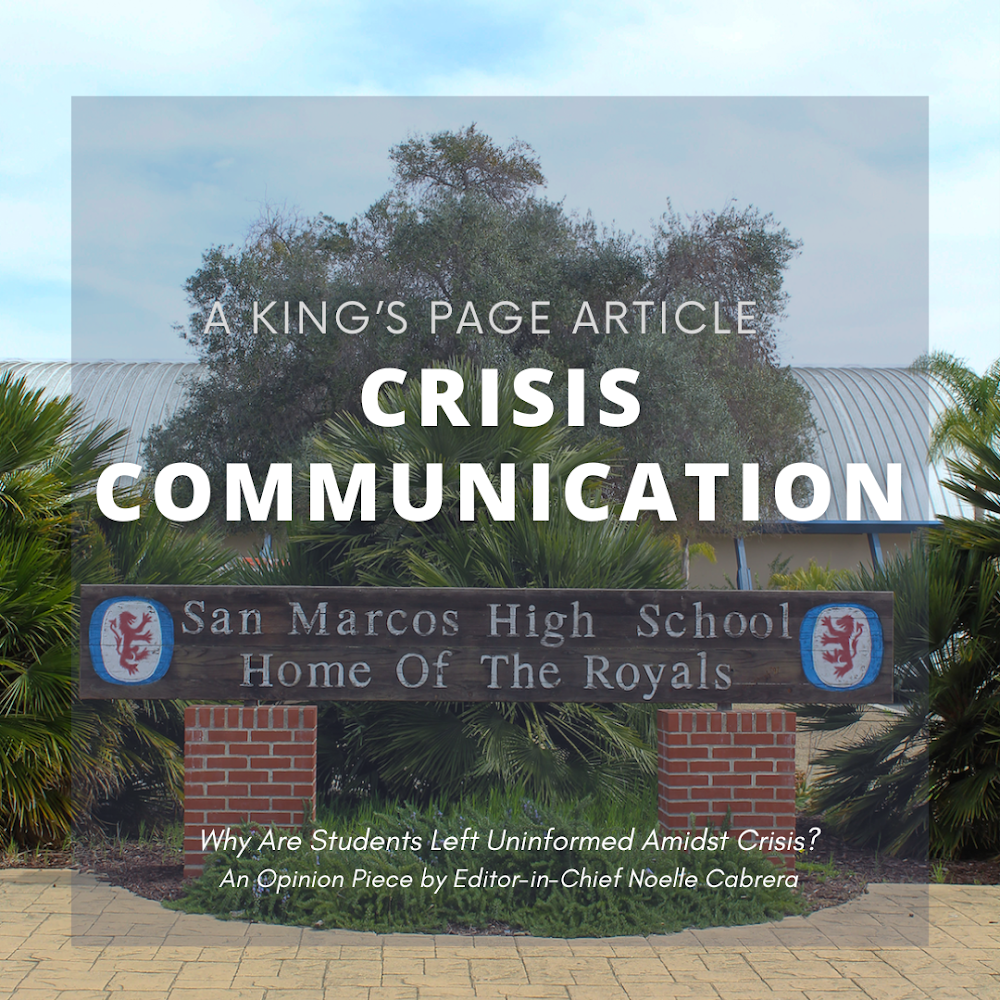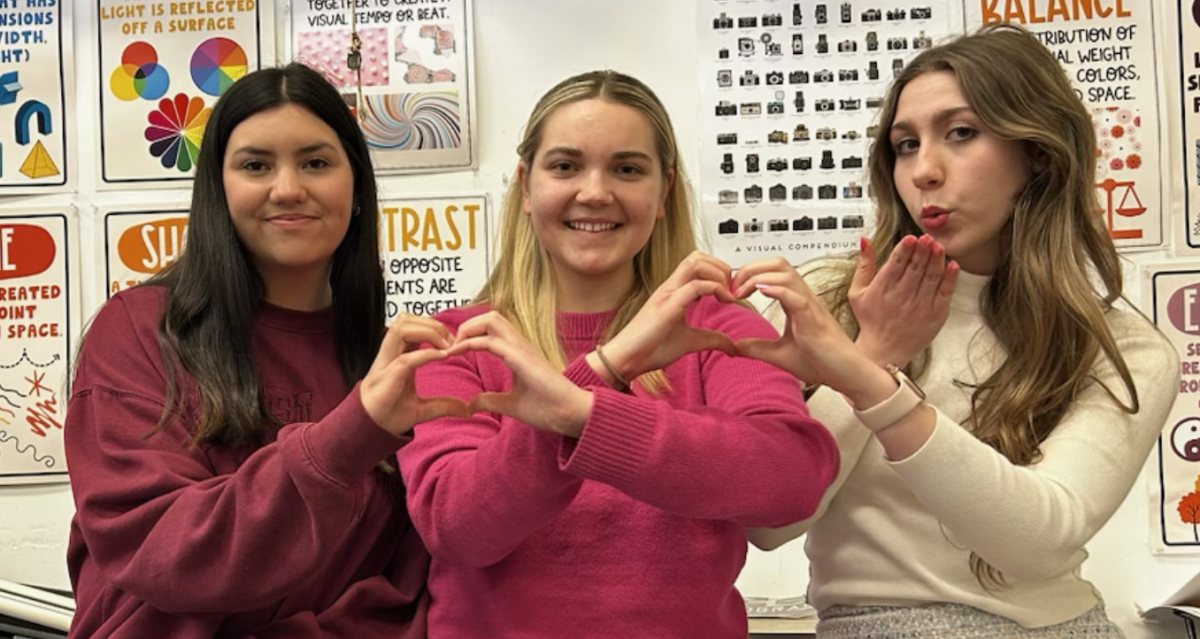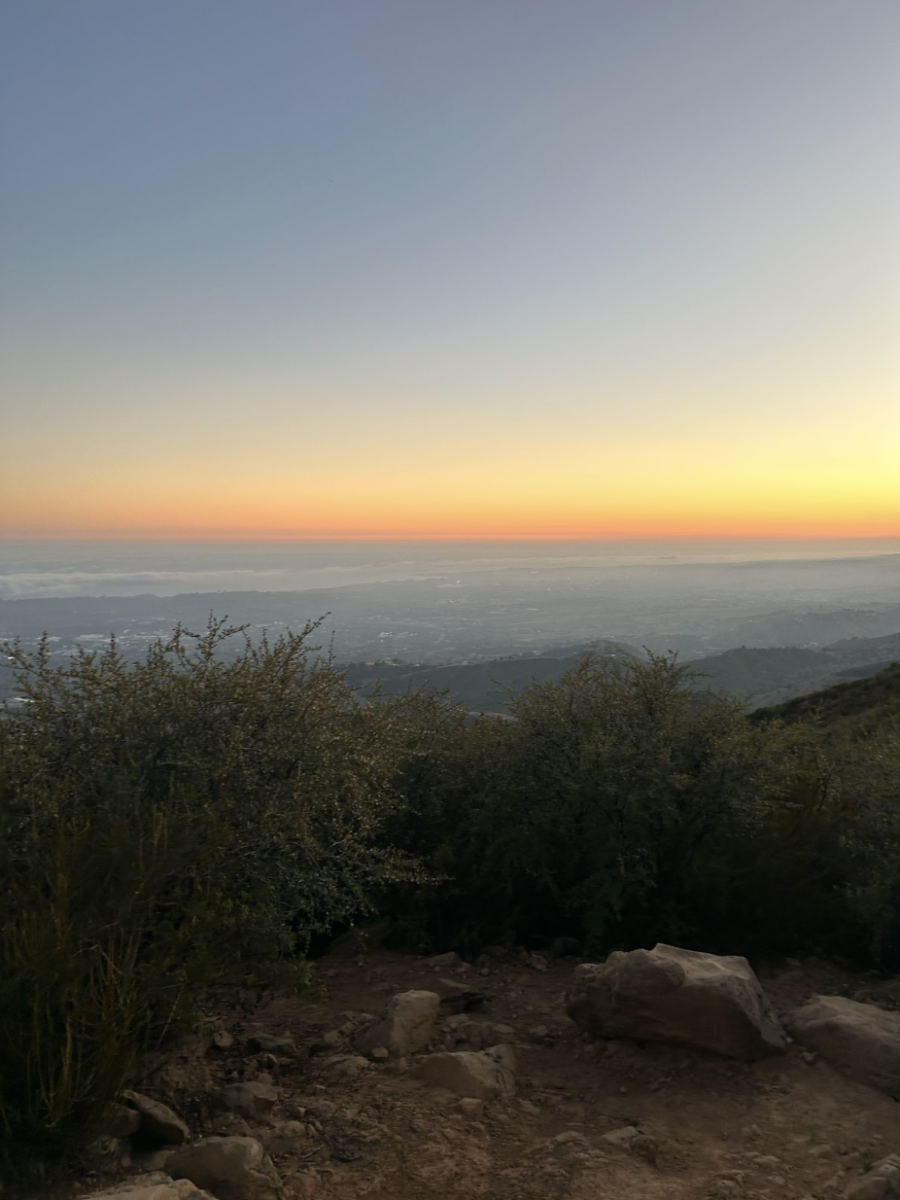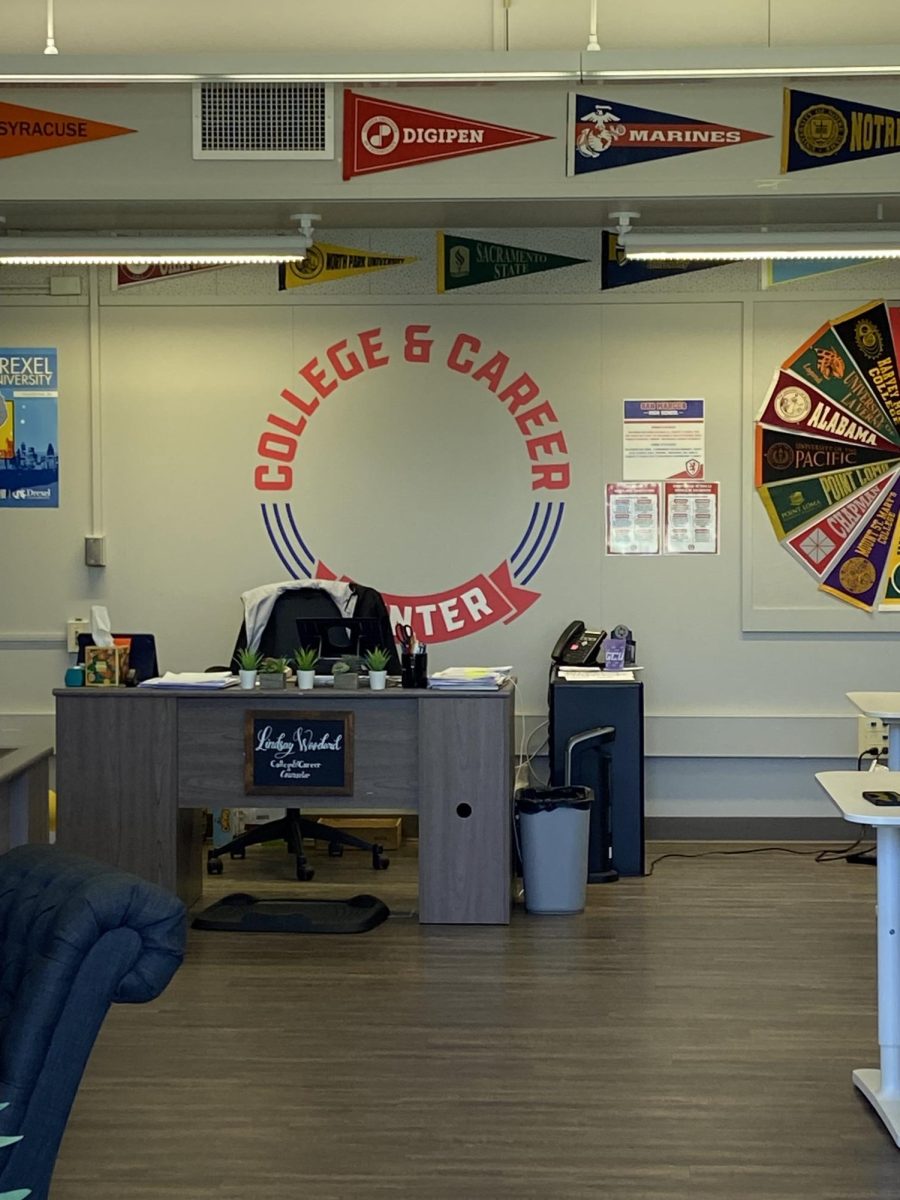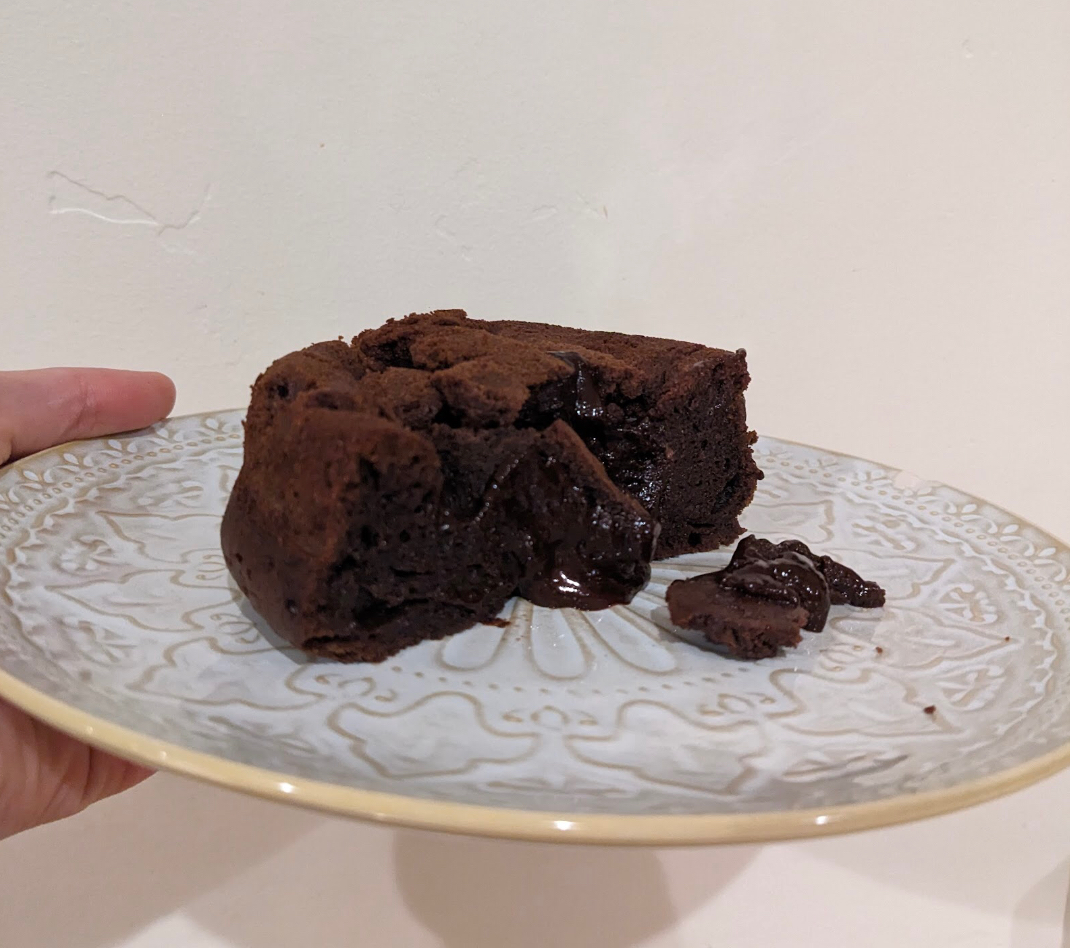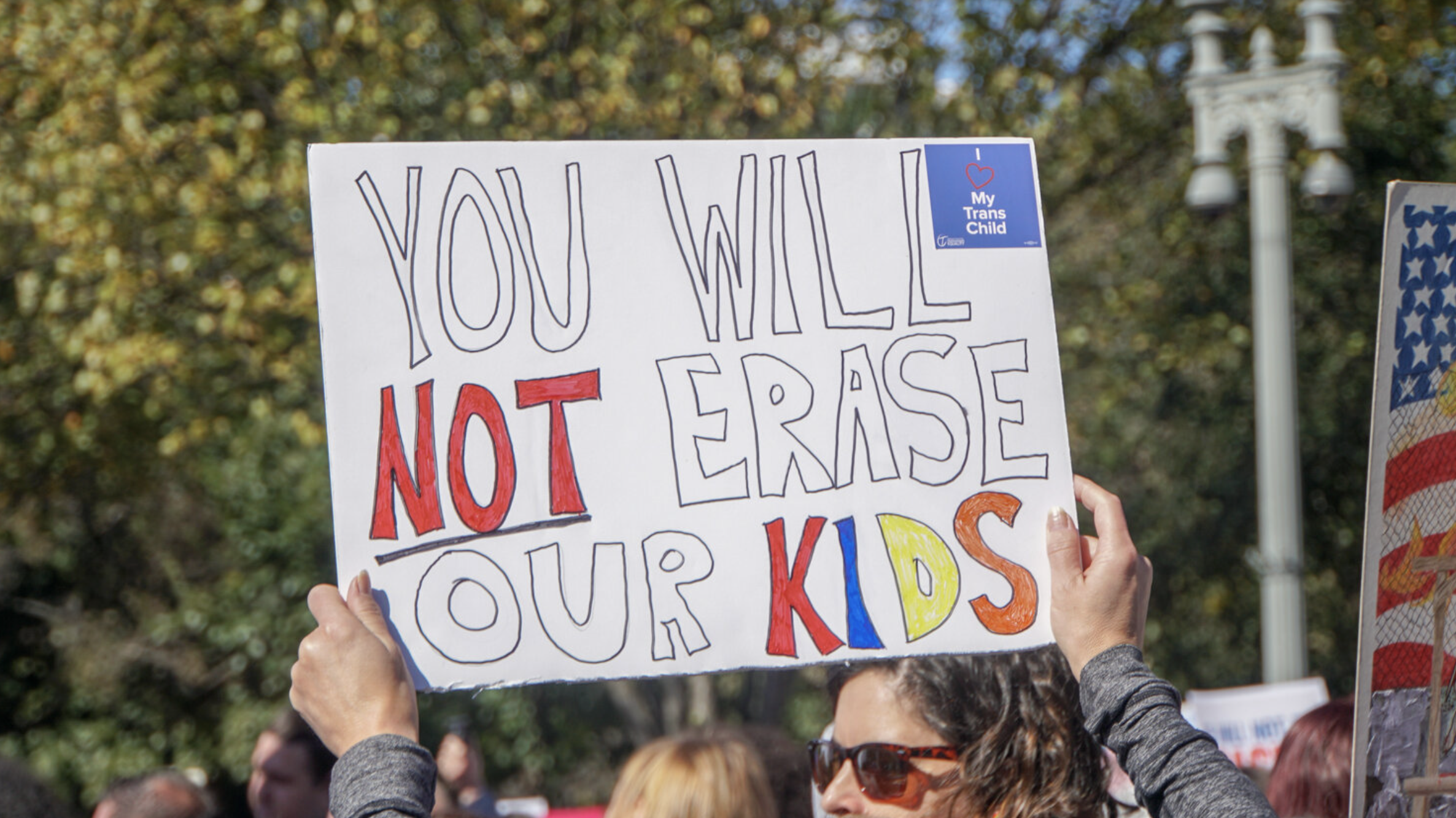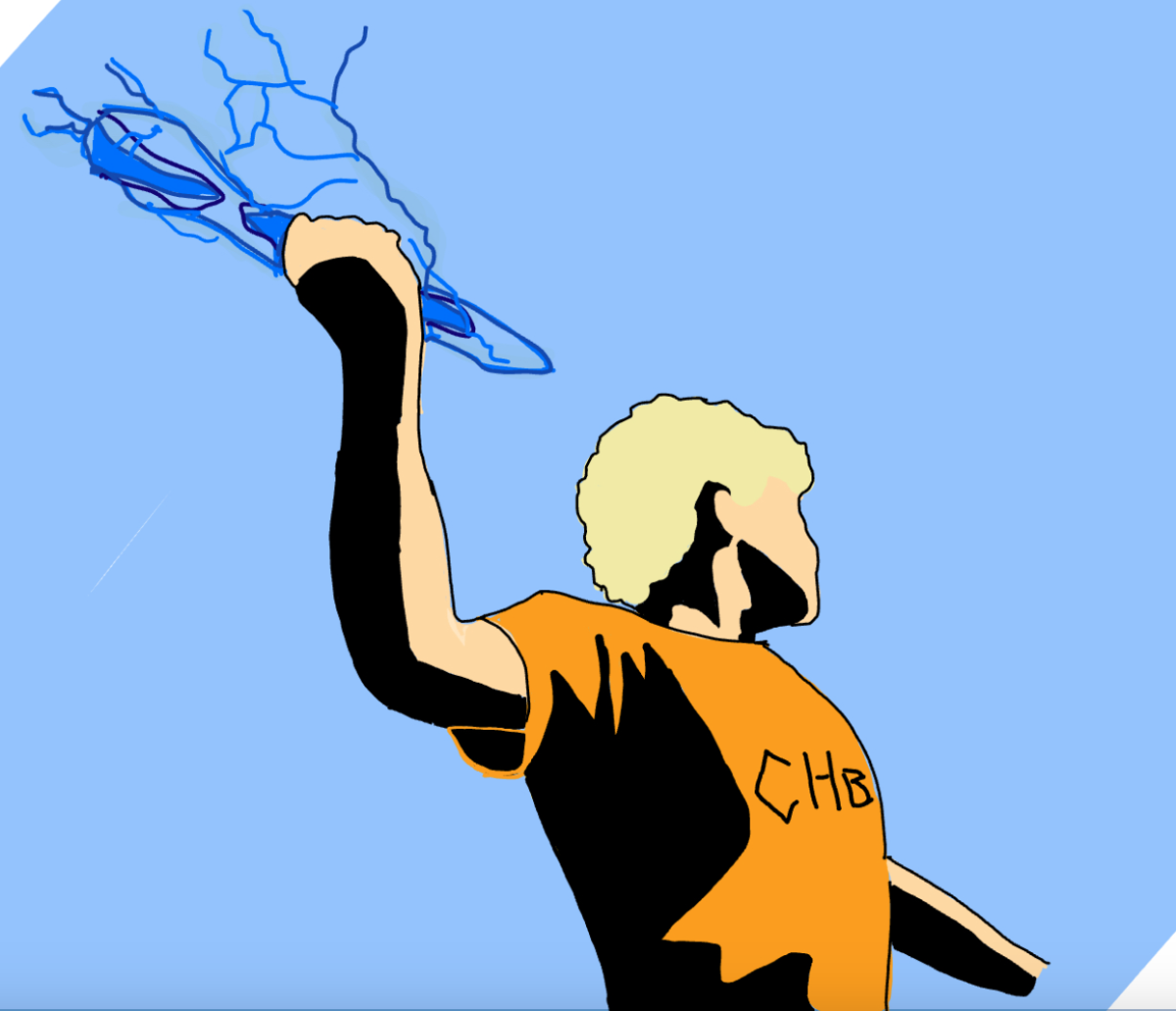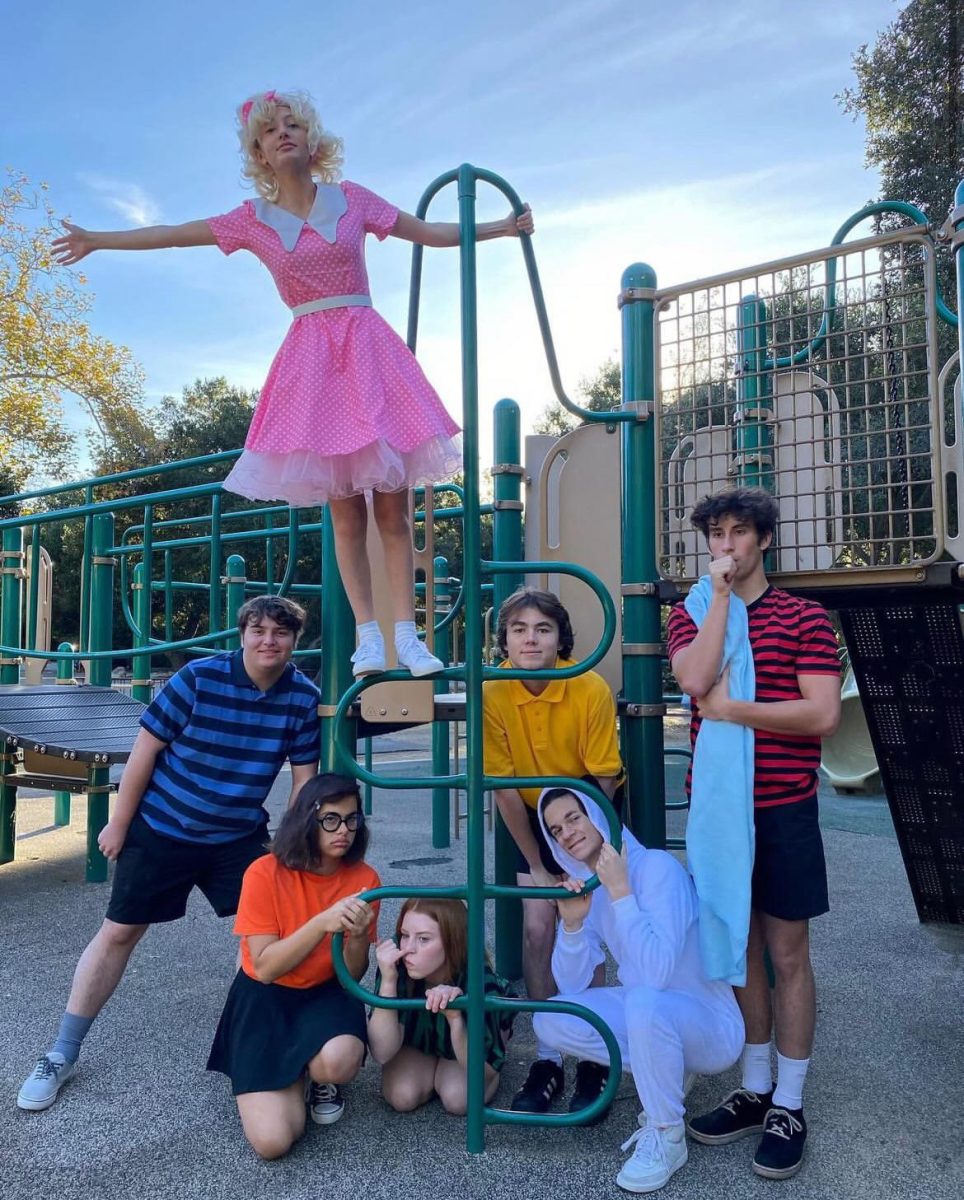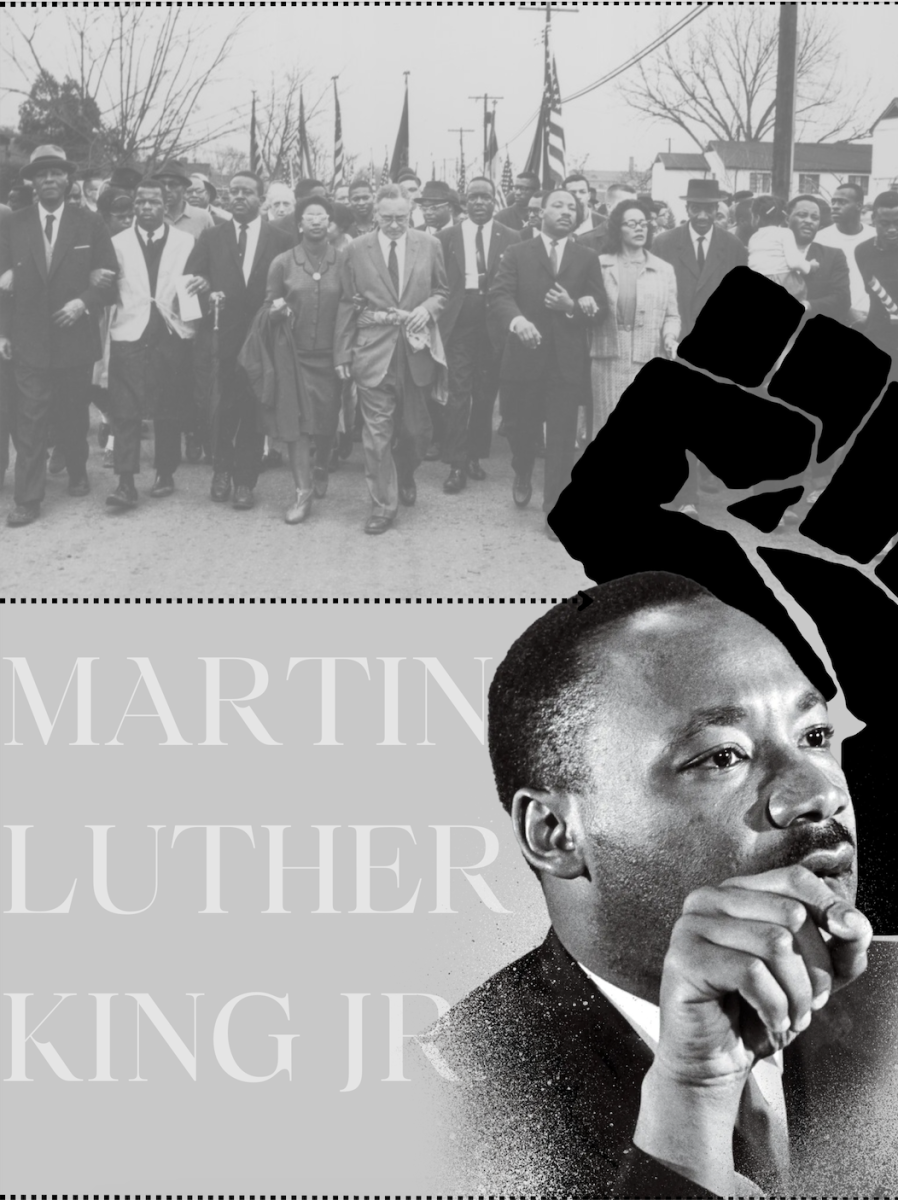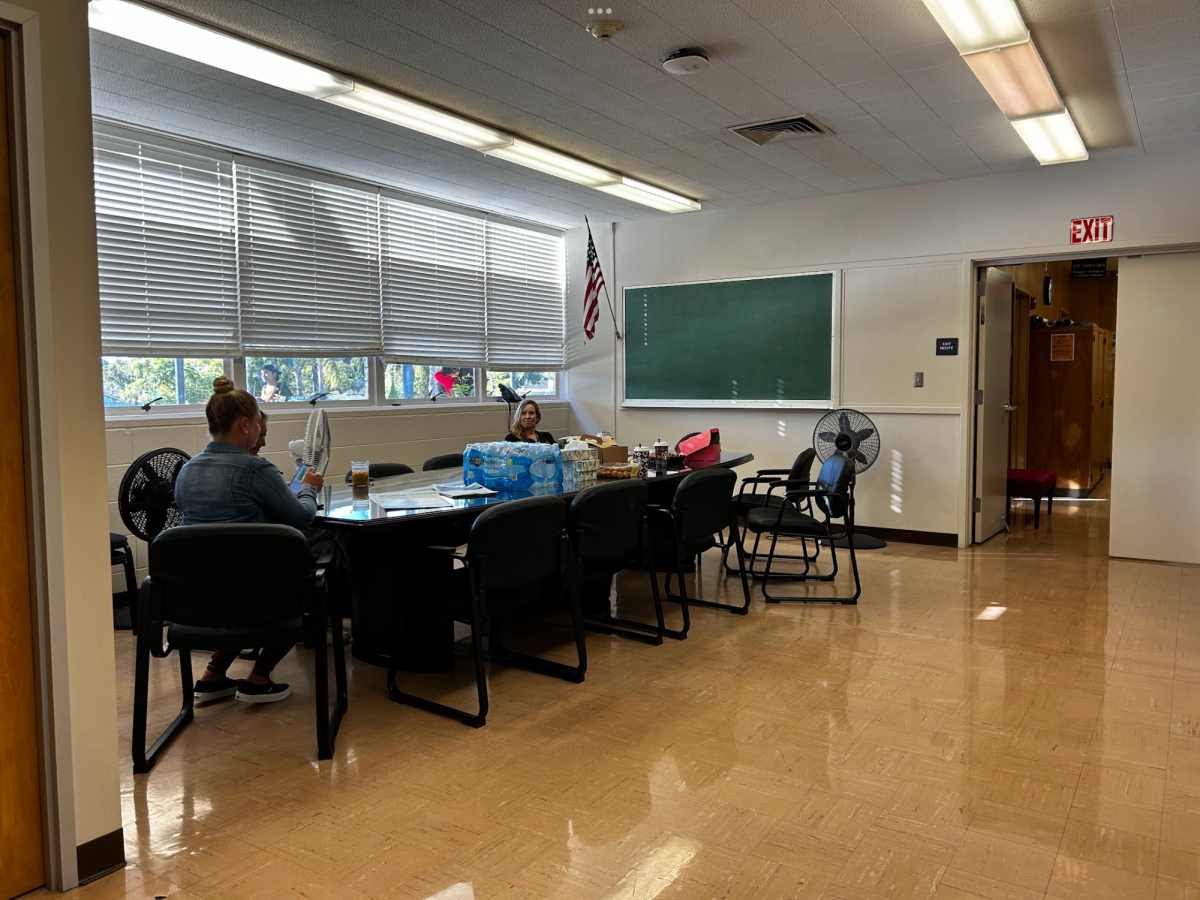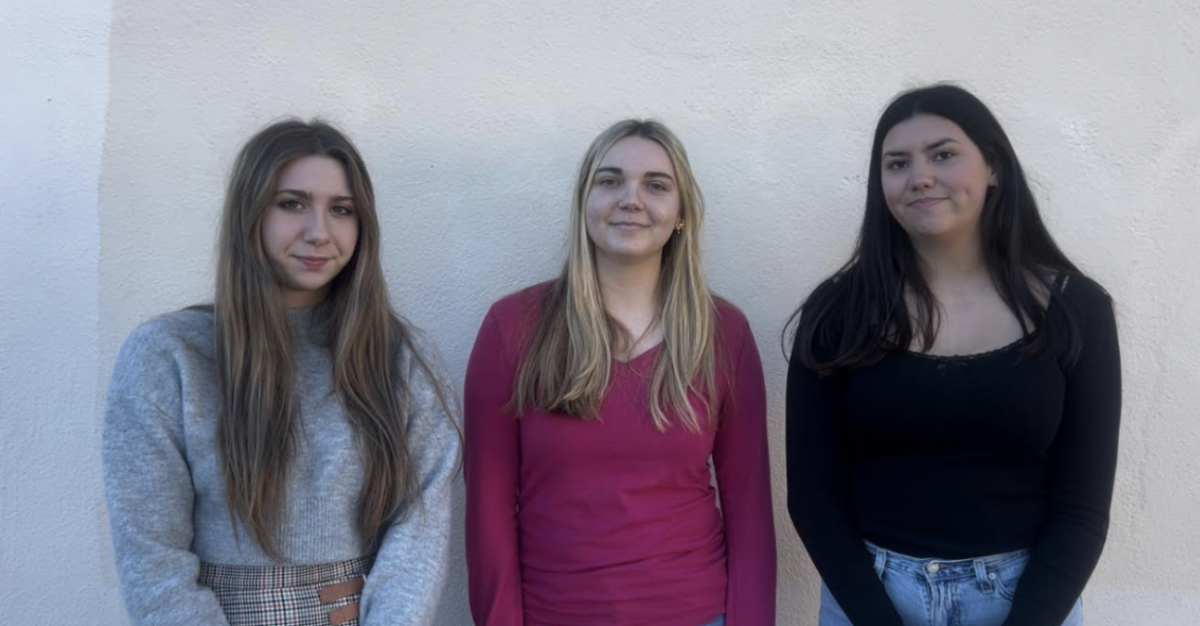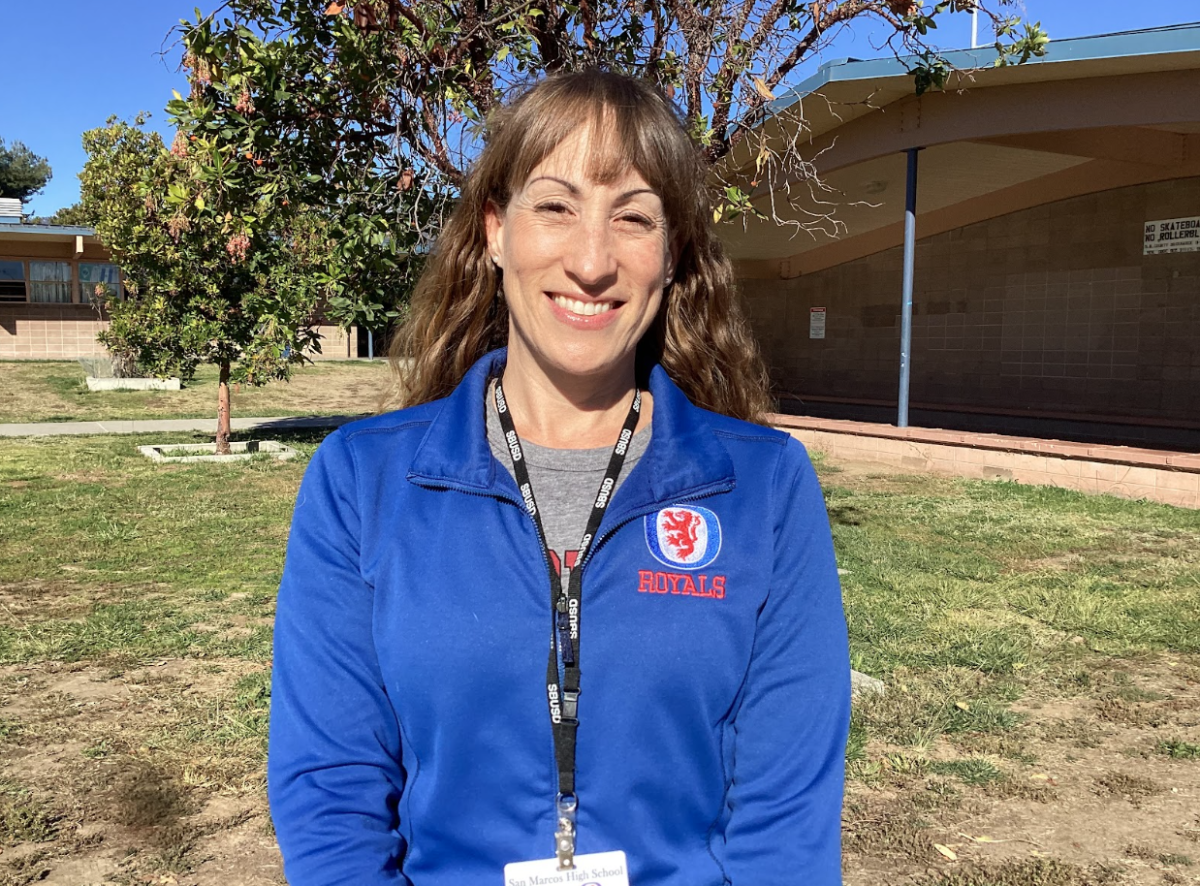The Parental Rights in Education Bill introduced recently in Florida has been dubbed as the ‘Don’t Say Gay’ Bill, and is now signed into law after continuous streams of dispute. The Florida bill limits all classroom discussion pertaining to gender identity and sexual orientation in Kindergarden through third grade. The bill also allows parental provision that permits them to sue the school if their satisfaction is not met with the bill. This raises the question for many about what can be decided as age appropriate and what is deemed safe for discussion. Many are questioning how it can be up to every individual parent to enforce a law. This bill could restrict books in the classroom with LGBTQ themes and young children from talking about their parents or any family members belonging to the LGBTQ community.
Parents claim their rights with the announcement of the bill. There are two sides of this argument that are being strongly declared and discussed worldwide. On one hand, supporters of the bill say that parents deserve to have the right to say when and how their child learns about such issues, especially at ages where they are so easily influenced. Ron Desontis, Governor of Florida asks “How many parents want their kids to have Transgenderism or something injected into their classroom?” Others claim that 5-8 year olds should be learning how to read and write, not why people are LGBTQ, stating the teacher needs to appoint them to discuss such things with mom and dad. This is a bill that would allow parents to further hold their schools accountable and reinforce a parents control of the upbringing of their children. Although allowing this may increase the chances of discrimination towards young LGBTQ children.
Parents who oppose the bill stress tolerance and open the discussion wider claiming it is too overly vague and completely open to interpretation. What people see in this bill is that it is opinionated, it states that discussion may not occur in a manner that is not age or developmentally appropriate. Parents and legislators will agree and disagree on what is and isn’t for young children. Jessica Armstrong, mother of a third grader in our Santa Barbara community shared her thoughts on the issue,
“I’m trying desperately to raise my children with open minds and hearts. I don’t need it to be “my child” to support all living beings in feeling like who they are on the inside.” There is nothing to protect them from, except intolerance.” A big statement in the matter is that this limitation can negatively affect the mental health and wellbeing of young people. To elaborate, when a child’s loved one, including siblings and parents become a political debate and an ‘off limits’ discussion, it is harmful and dehumanizing. Young children in Kindergarten and Third grade are going to have a hard time grasping why their loved ones cannot be in the classroom conversation, teaching them it is bad or wrong to have differing sexual and gender orientations. If there is erasure and forced silence of these identities at a young age it will make it more difficult to grasp when you are older.
Michael Womack, Communications Manager for Equality Florida makes a statement,
“I grew up in schools that were not welcoming to my sexual orientation, so I hid it. I didn’t feel like there was anyone I could trust but a guidance counselor, an English teacher, and a History teacher, so I confided in them. I’m begging you to not pass this bill today, because like so many LGBTQ kids, I don’t know where I would be without the support of those teachers.” Madilynn Unterseher, Sophomore at San Marcos adds “I think there should be a happy medium inside this bill and that Florida needs to make the bill more specific instead of taking away all conversation! It would be beautiful to have and continue to let young kids talk about themselves and their family and to avoid sending the message that they should be ashamed. Although I also believe there should not be any discussion that’s inappropriate or harmful for young kids surrounding sexual conversations.”
The influence of this bill is already starting to rise as we see several other states follow suit, passing or proposing versions of their own ‘Don’t Say Gay’ bill, such as Georgia, Louisiana, Kansas, Indiana, and Tennessee. The ‘Don’t Say Gay Bill’ will continue to remain controversial but hopefully some common ground can be found in the upcoming months! Let’s continue to support our LGBTQ community and encourage authorities to protect young LGBTQ students!

